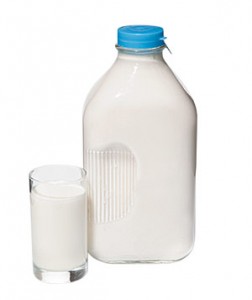 Summer is well underway and the soaring temperatures bring a recurring question from Uncorked readers: How does heat affect bottled wine?
Summer is well underway and the soaring temperatures bring a recurring question from Uncorked readers: How does heat affect bottled wine?
You run into the wine shop and grab a few bottles. On your way home you continue checking off your errand list with a stop at the cleaners, the bank and the grocery store. Meanwhile those bottles are sitting in the 100-degree-plus temperature of your parked car.
When wine is subjected to high temperatures, the quality will most likely be jeopardized. It happened to me when what I thought was going to be a quick meeting turned into a three-hour session. By the time I returned to my car, the cork was pushing out of the bottle and, worse, it leaked onto the carpet of my car.
Heat increases the rate at which wine ages or is oxidized. Oxidation is a chemical process and like most chemical processes, heat increases the reaction rate. High temperatures can affect the aging capability of wine and its taste. When wines are subjected to heat it’s no longer undergoing the ideal slow maturation because the heat-stressed wine is subjected to a sharp and awkward jolt forward in its life. Even if your just-bought wine was intended for dinner and not cellar time, heat can still affect the taste and aroma.
Call me overcautious but I now treat my wine purchase as I do ice cream or milk. You wouldn’t leave these items in the car while you take on an afternoon of errands in the summertime.
When outside temperatures are pushing the extreme, the temperature inside your home can be a problem too. Keep wine in your refrigerator if you don’t have a cellar or put it in a cool, dark place like a basement or closet corner. Keep wines away from windows or sunlight. Don’t store wine in a garage, on top of the refrigerator or in a cupboard next to the oven.If you have a standing wine rack keep it near an air-conditioning vent in the summer but far away from the heating vent in the winter.